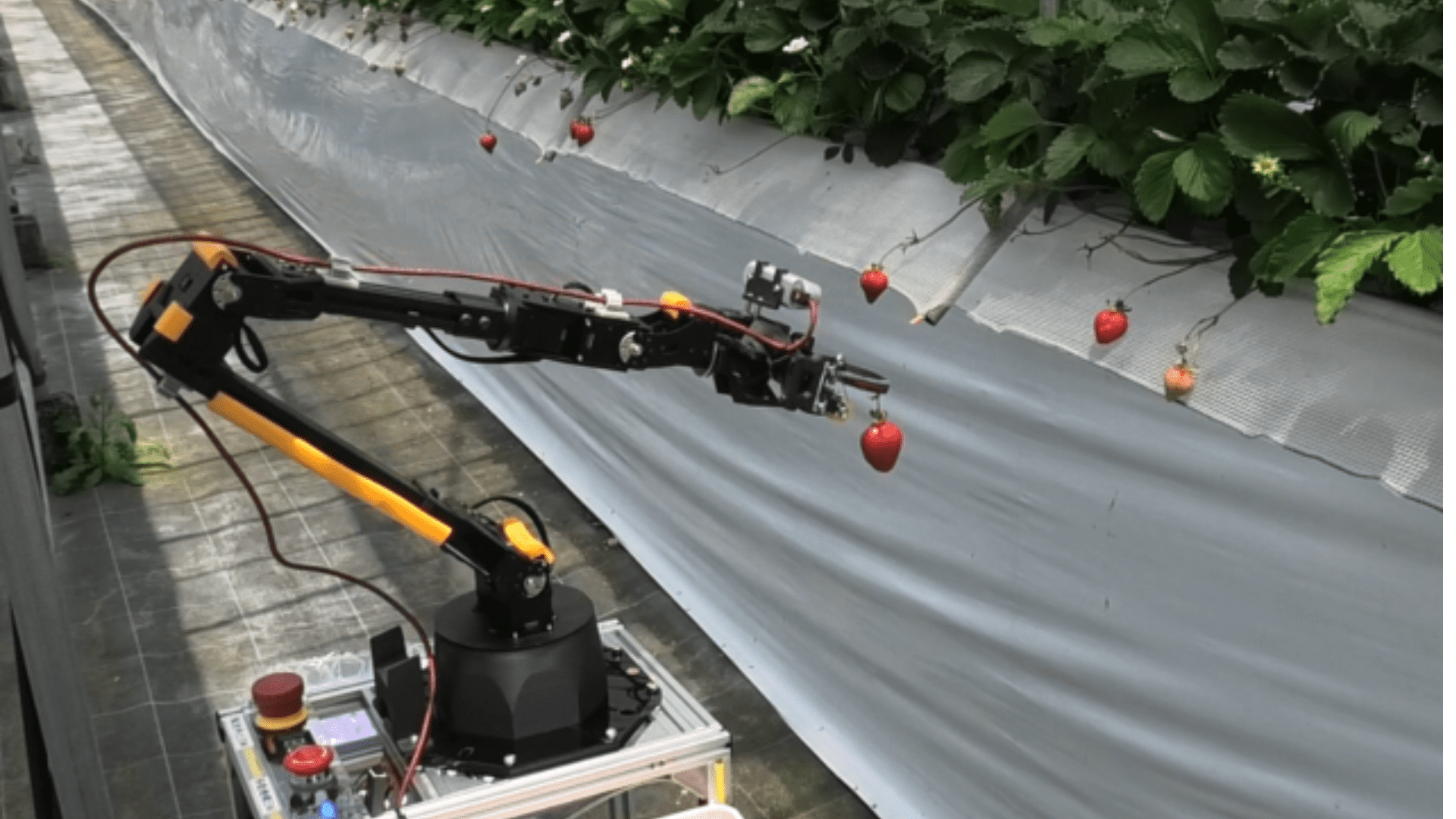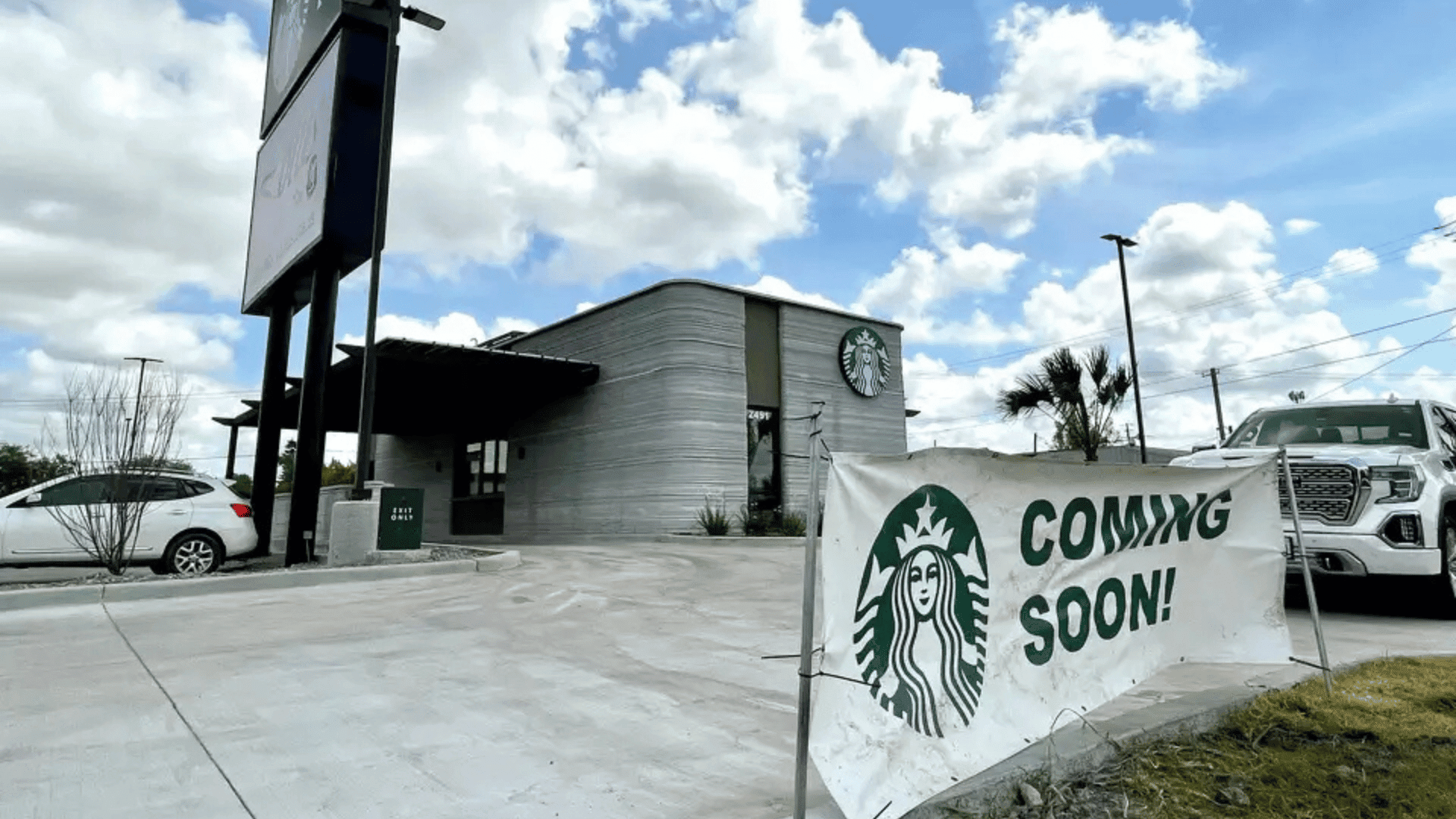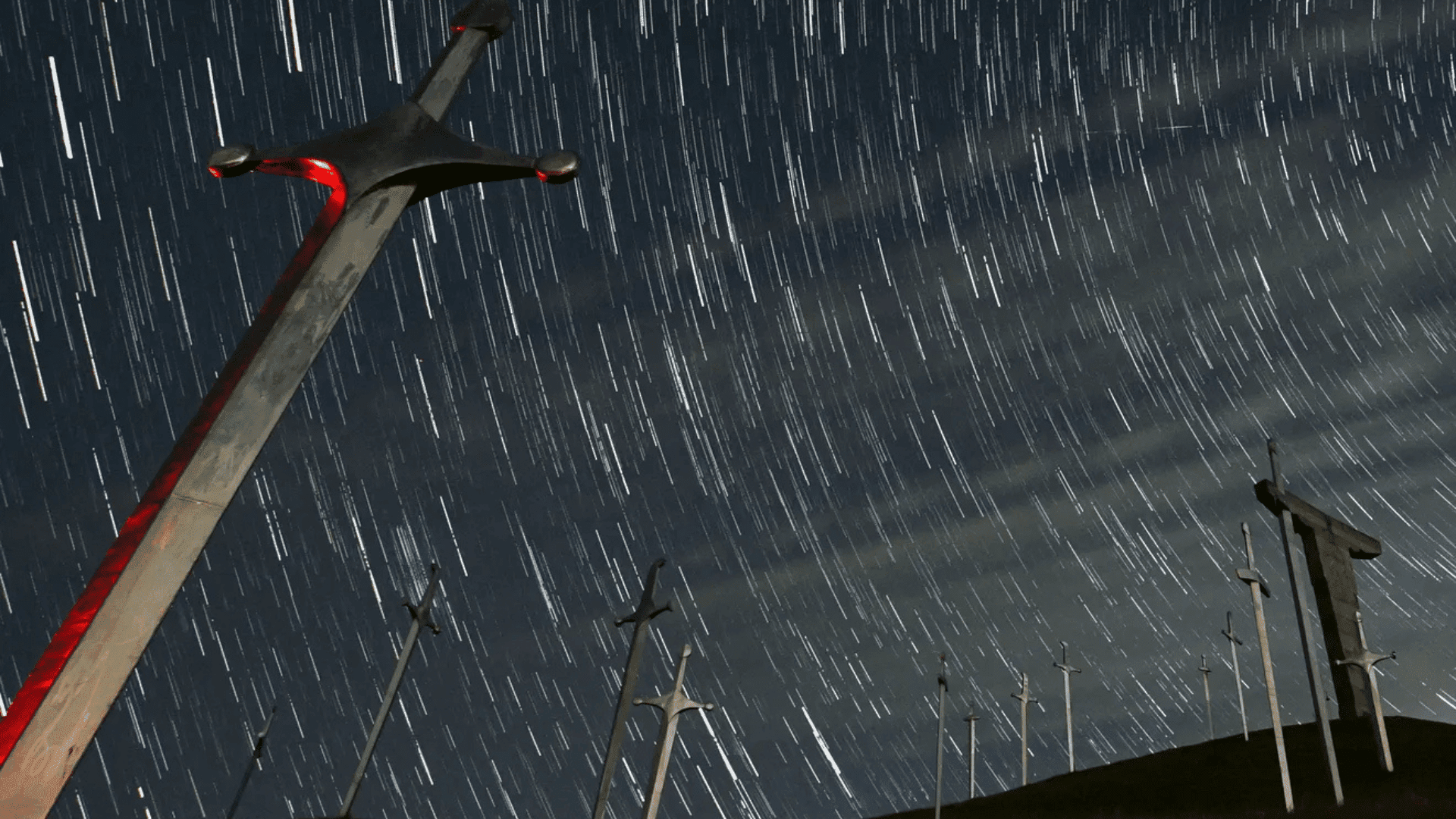June 23 is recognized as International Women in Engineering Day. It’s a day celebrating the women behind some of the greatest breakthroughs, inventions, and innovations. More so, their stories are often overlooked in a male-dominated industry.
While there are too many to count, these are eight women in engineering who played a significant role in their field.
Ada Lovelace
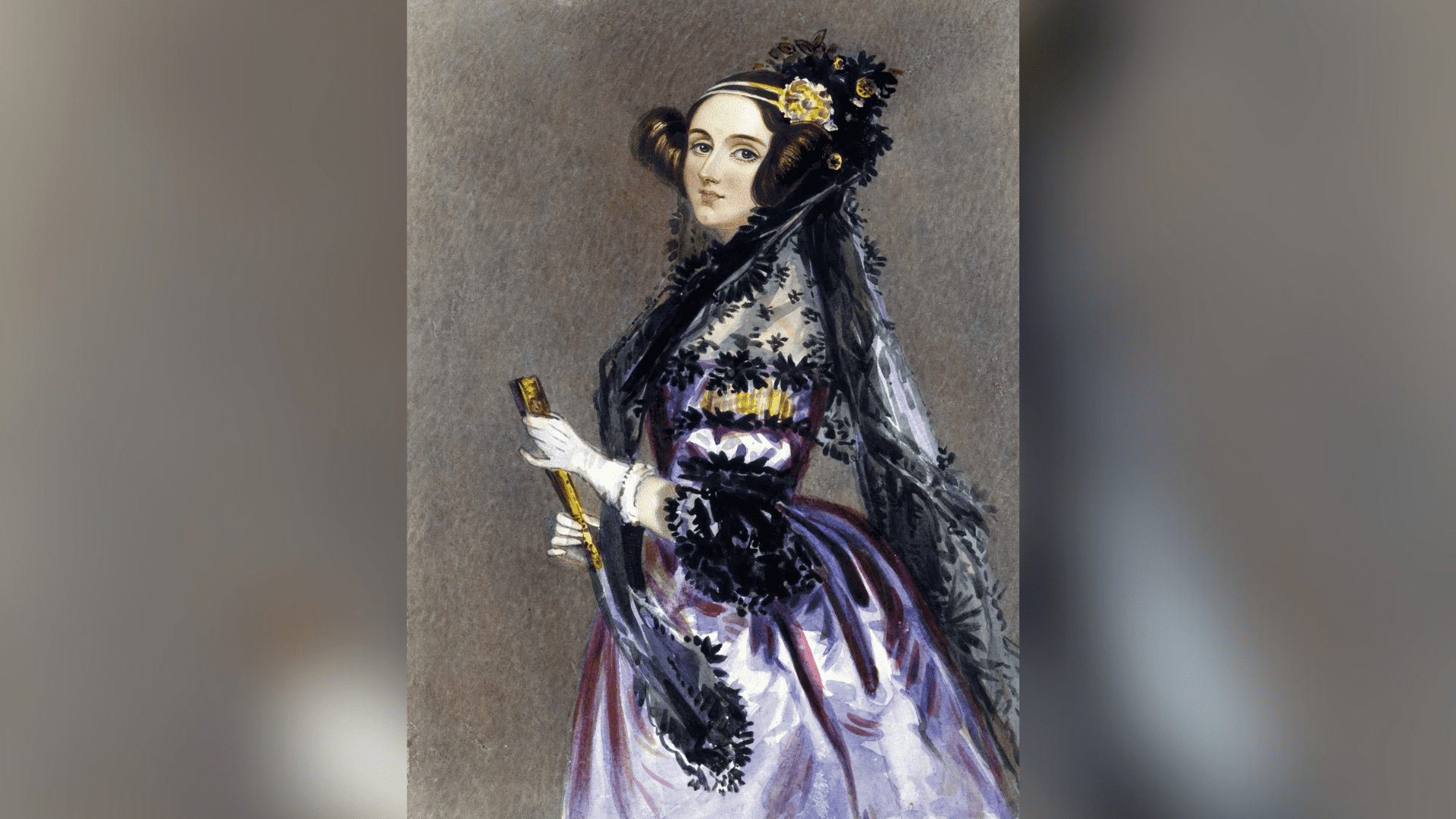
Born in 1815 in London, Ada Lovelace is often labeled the world’s first computer programmer. Given the time period of Lovelace’s life, it may sound strange that she is regarded as the first computer programmer. However, her work includes creating an algorithm for the Analytical Engine that computed Bernoulli numbers. The Analytical Engine is considered the first example of a computer program. Her innovative ideas about computers creating and manipulating complex symbols paved the way for modern computer programming. She is known as a pioneer in the fields of engineering, science, and mathematics.
Alice H. Parker
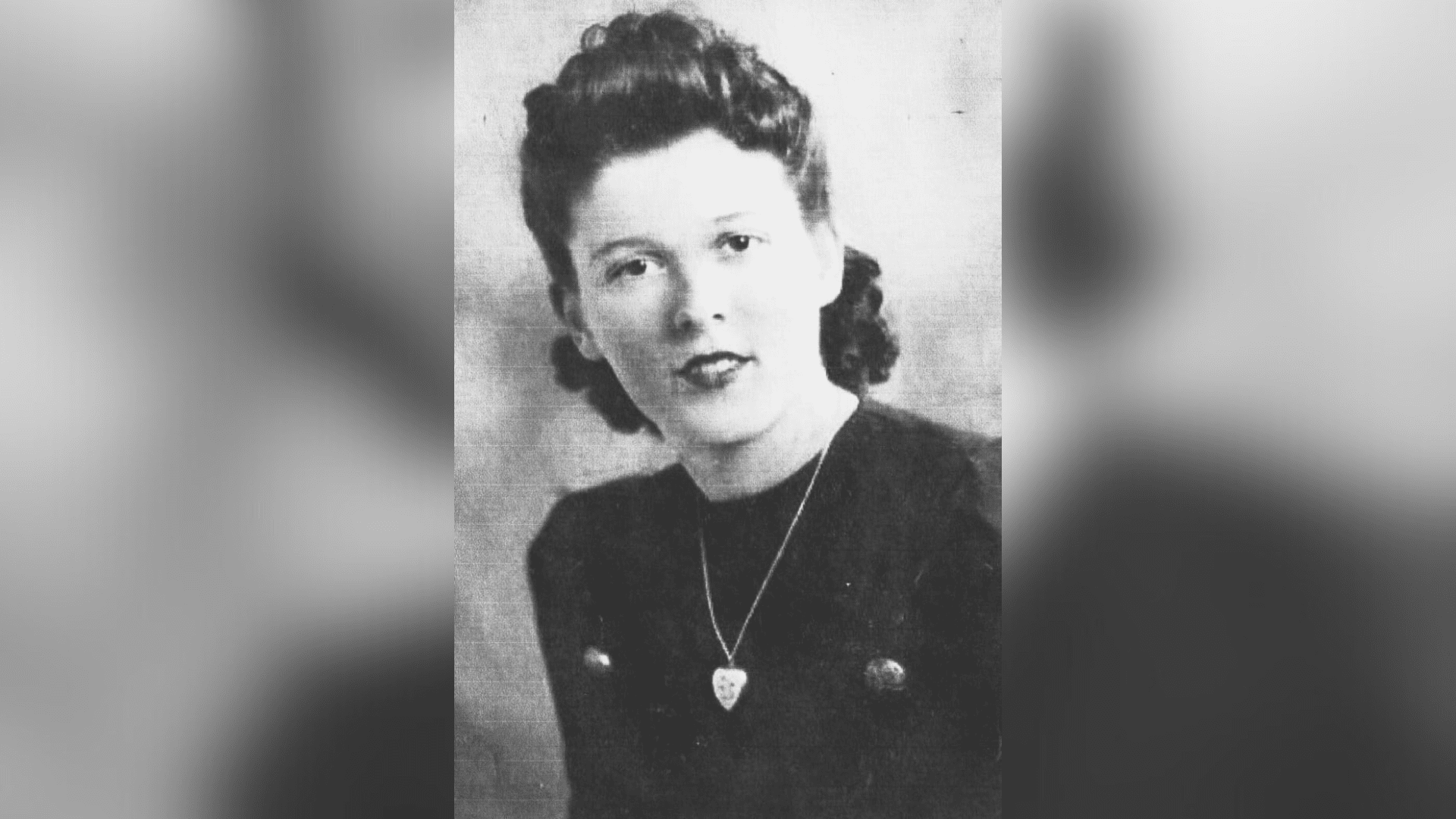
Alice H. Parker was an African American inventor and pioneer in the heating technology industry. Early in her life, Parker wanted to find a more efficient way to heat a home. In 1919, Parker patented a gas-powered central heating system. This system uses a series of pipes and radiators to distribute heat throughout an entire building. The invention was recognized as a major improvement to the inefficient and expensive heating systems at the time. However, her work wasn’t immediately acknowledged. She had difficulties picking up support for her inventions because of racial and gender prejudices at the time. She is now considered a pioneer and major role model for future generations.
Elsie Eaves
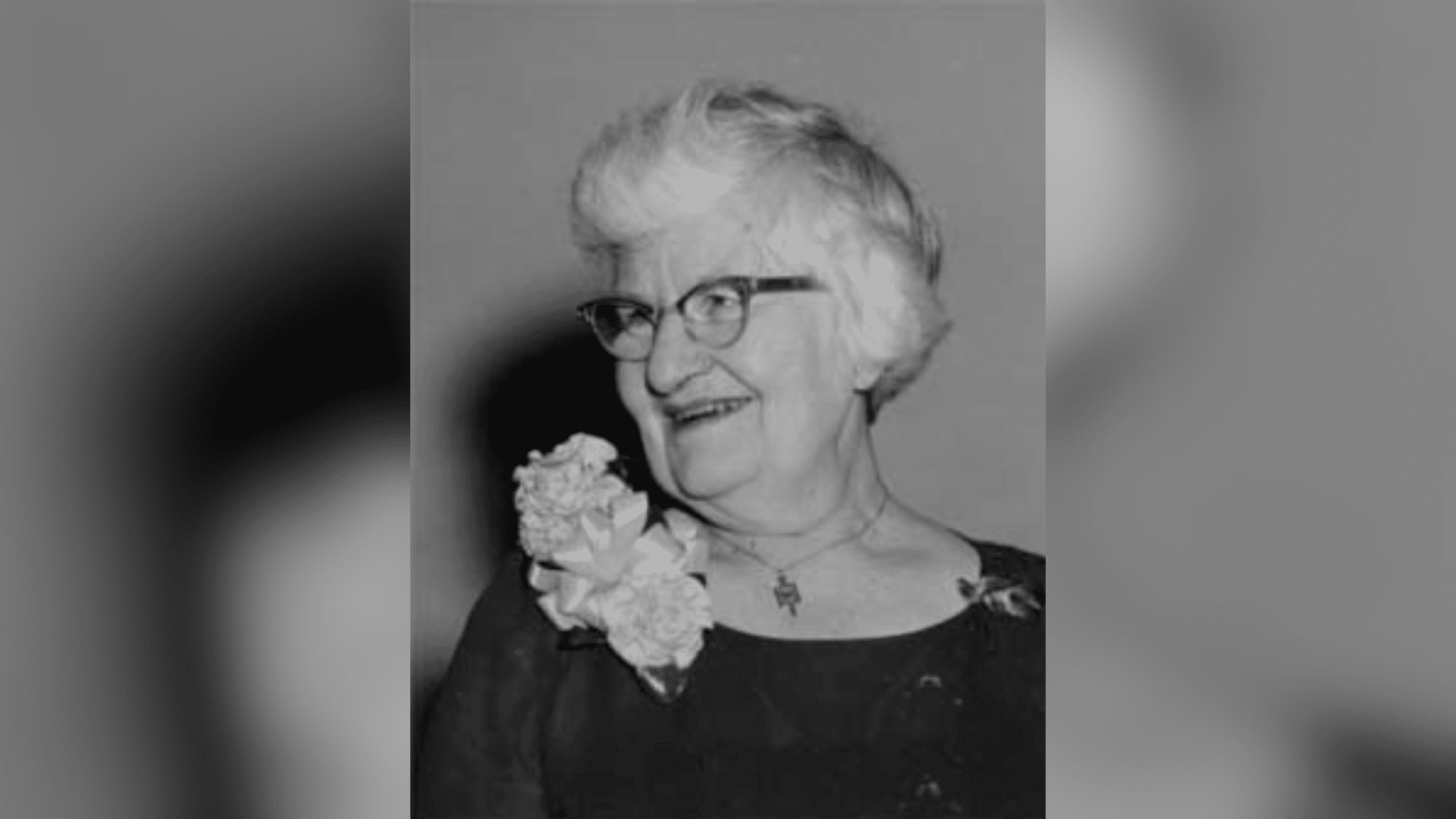
Elsie Eaves was born in 1898 in Texas. In 1926, Eaves graduated from the University of Texas at Austin with a degree in civil engineering. She is a pioneering structural engineer credited with significant efforts in designing and constructing large dams. Eaves was one of the first female engineers to help design the Hoover Dam. The Hoover Dam is the largest engineering project in history. More so, one of the most impressive. Her work helped improve the safety and efficiency of these structures. Additionally, she influenced modern dam designs and techniques.
Emily Roebling
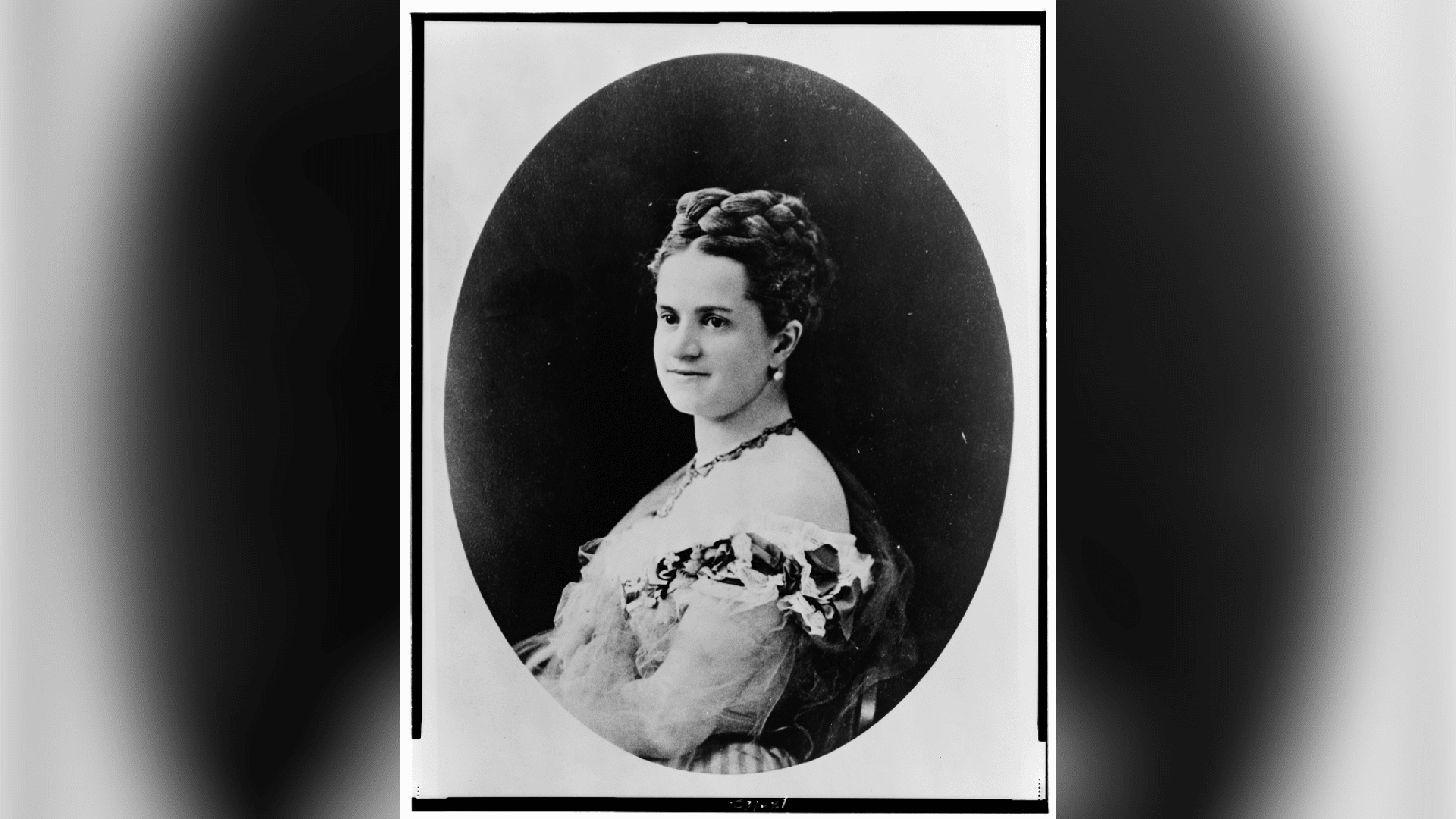
The Brooklyn Bridge is one of the most famous bridges in the United States. Emily Roebling is considered an unsung hero in the construction and completion of the bridge. During the bridge’s construction, her husband, the chief engineer of the bridge, Washington Roebling, fell ill. Someone had to step up, and that person was Emily Roebling. Among her many achievements, the one that stands out the most is her efforts in finishing one of the most iconic architectural structures in history. She spent 11 years overseeing construction, managing finances, and liaising between workers and politicians while expanding her knowledge through engineering courses. Roebling’s determination paid off in 1883 when the bridge was completed.
Explore Tomorrow's World from your inbox
Get the latest science, technology, and sustainability content delivered to your inbox.
I understand that by providing my email address, I agree to receive emails from Tomorrow's World Today. I understand that I may opt out of receiving such communications at any time.
Hedy Lamarr
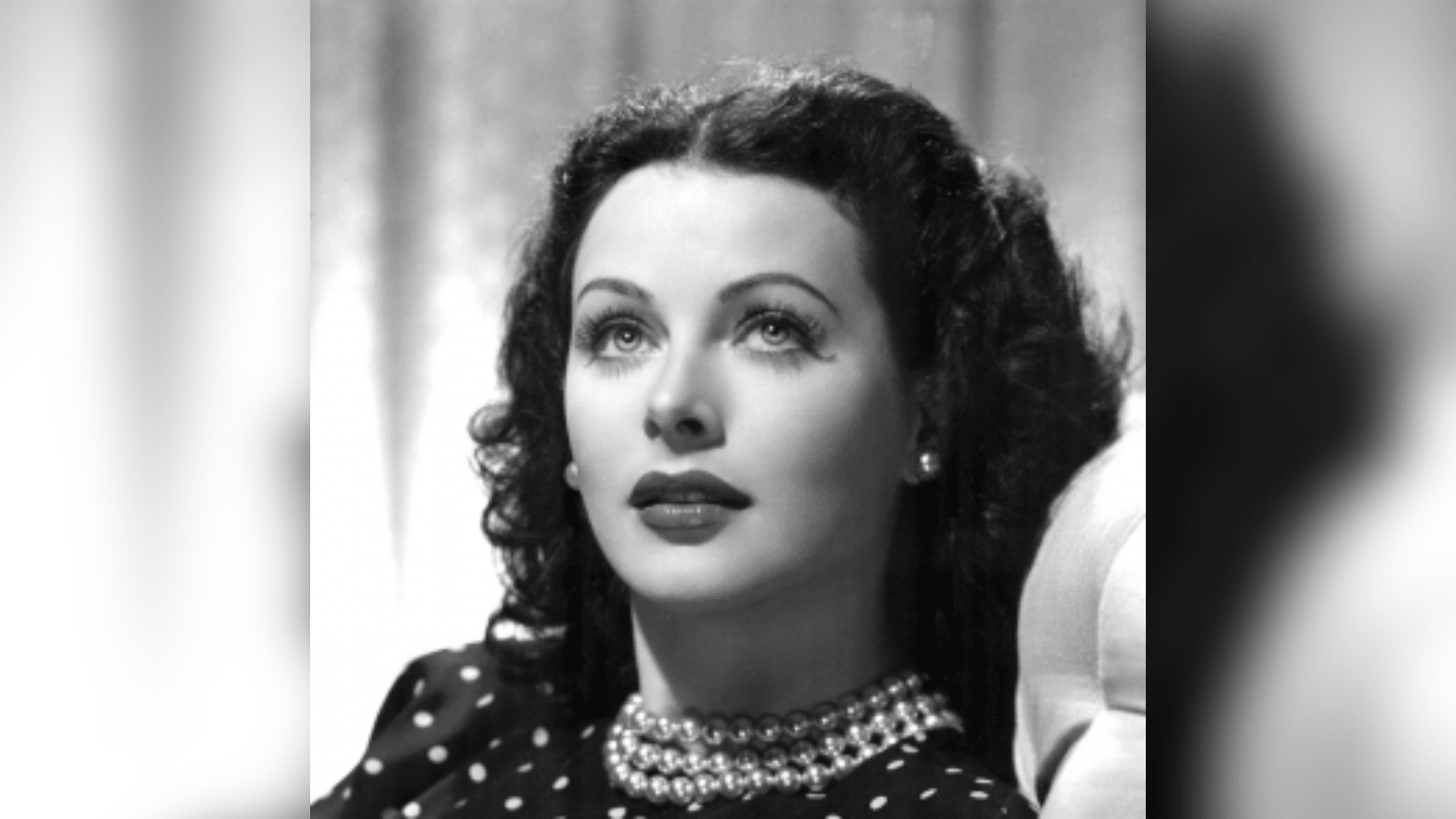
Hedy Lamarr rose to fame as an actress in Hollywood in the 1930s and 1940s. She starred in movies such as “Algiers” and “Samson and Delilah.” However, she was also an accomplished inventor. During WWII, Lamarr helped co-invent a frequency-hopping spread spectrum system. The system helped prevent radio-controlled torpedoes from being jammed by enemy communications. Although her work wasn’t immediately implemented, it served as a basis for modern Bluetooth, Wi-Fi, and GPS technologies. During the majority of her lifetime, Lamarr’s work was significantly overlooked. It wasn’t until later that she started to get recognition. In 2014, Lamarr was posthumously inducted into the National Inventors Hall of Fame.
Lillian Gilbreth
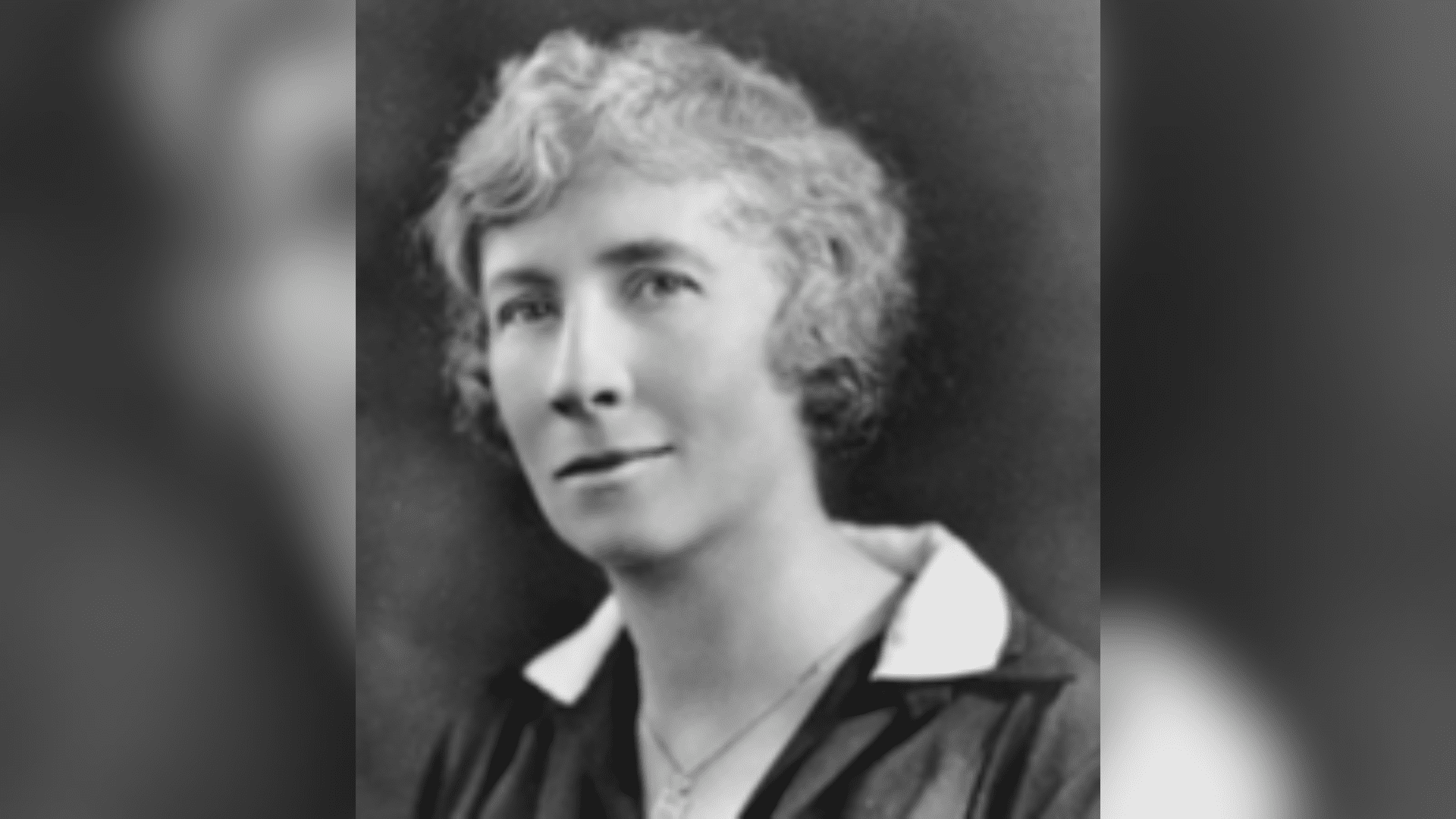
Lillian Gilbreth was another pioneering industrial engineer. In addition, she was a psychologist who is known for her work in the fields of human factors and workplace efficiency. She was born in 1878 and earned her Ph.D. from Brown University in 1915. She eventually became the first female professor of engineering at Purdue University. Most of her contributions were in motions of time that helped workplace efficiency and productivity. She is also credited with inventing several household items. Most notably, she is known for inventing the foot pedal trash can and the drawers inside refrigerators.
Mae Jemison
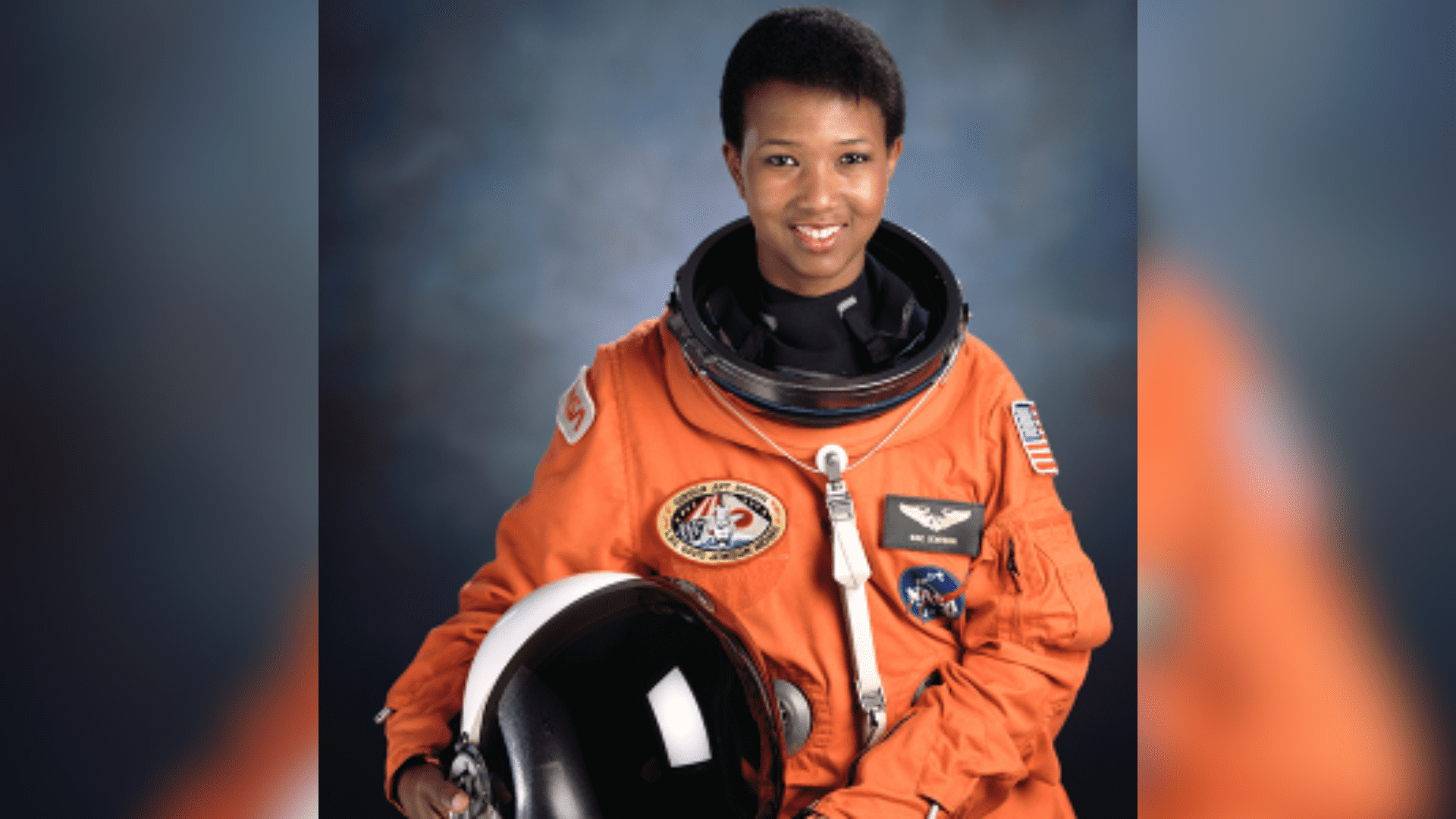
Mae Jemison is a major figure in the fields of science and space exploration. She is an accomplished engineer, physician, and astronaut. Jemison has a chemical engineering degree from Stanford University and a medical degree from Cornell University. She is the first African American to travel into space. During her career with NASA, she flew on the Space Shuttle Endeavor, where she conducted experiments in materials science, life sciences, and human adaptation to space. Jemison remains a role model for the next generation of women in engineering and STEM.
Margaret Hutchinson Rousseau
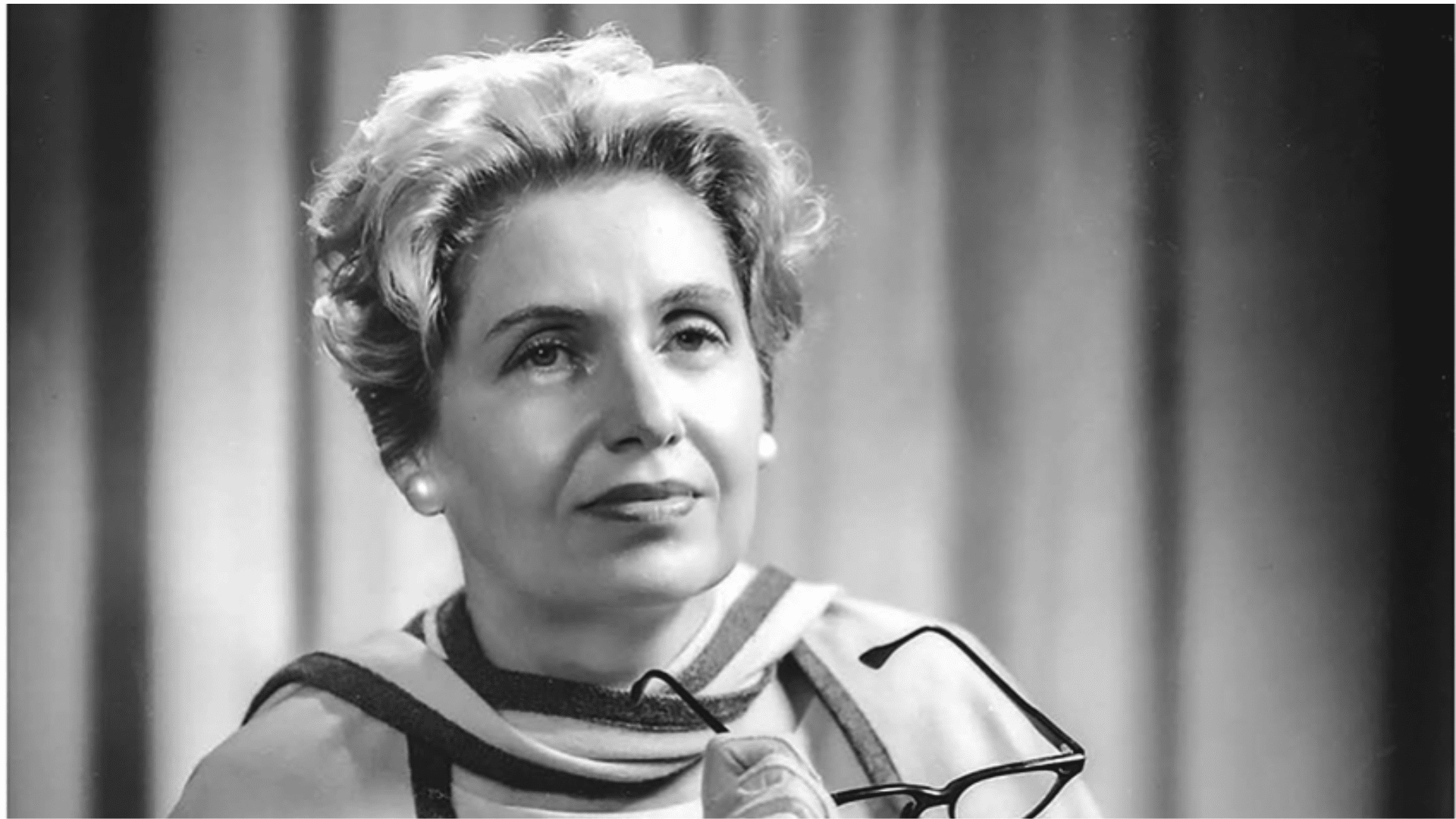
Margaret Hutchinson Rousseau was a pioneer in the chemical engineering field. She earned a Bachelor’s degree from Rice Institute and later earned a Doctor of Science degree in chemical engineering from MIT. One of Rousseau’s greatest accomplishments is her design for the first commercial penicillin production plant. She played a significant role in overseeing the design of production plants for penicillin and synthetic rubbers during WWII. Following an illustrious career, Rousseau retired in 1961 and later became an overseer of the Boston Symphony Orchestra.
While this is a short list, let’s not forget the thousands of women in engineering who continue to succeed in a male-dominated industry.



